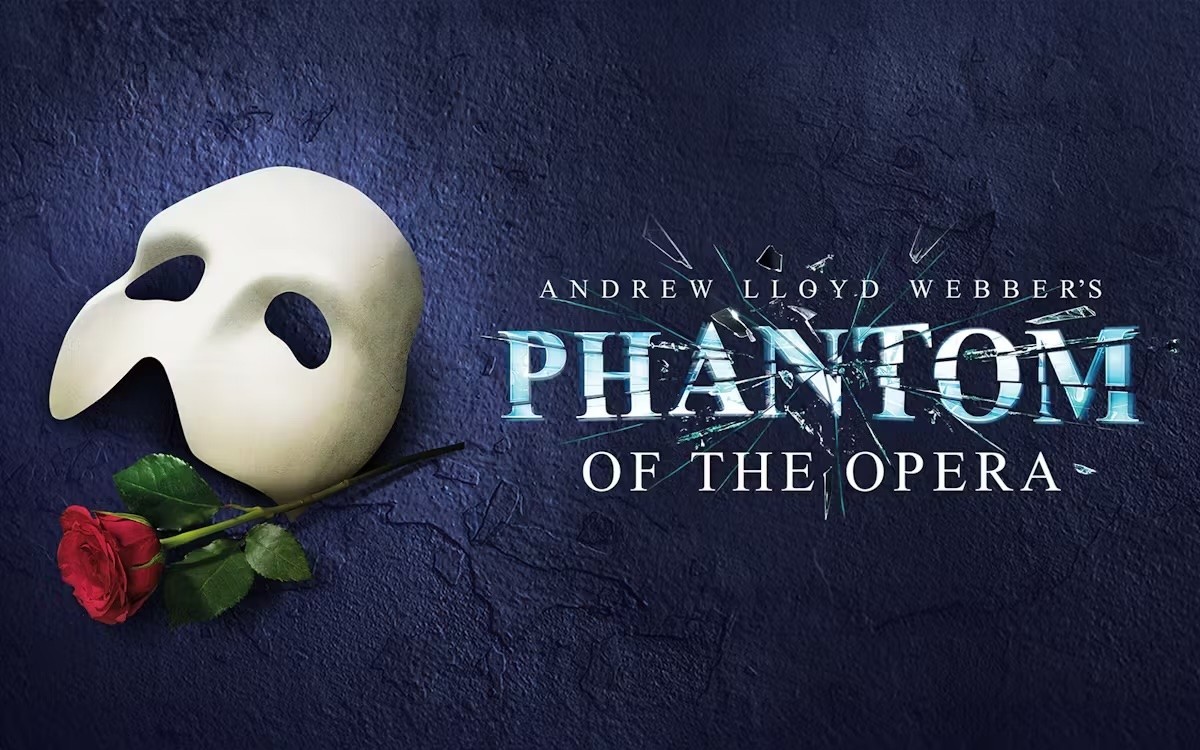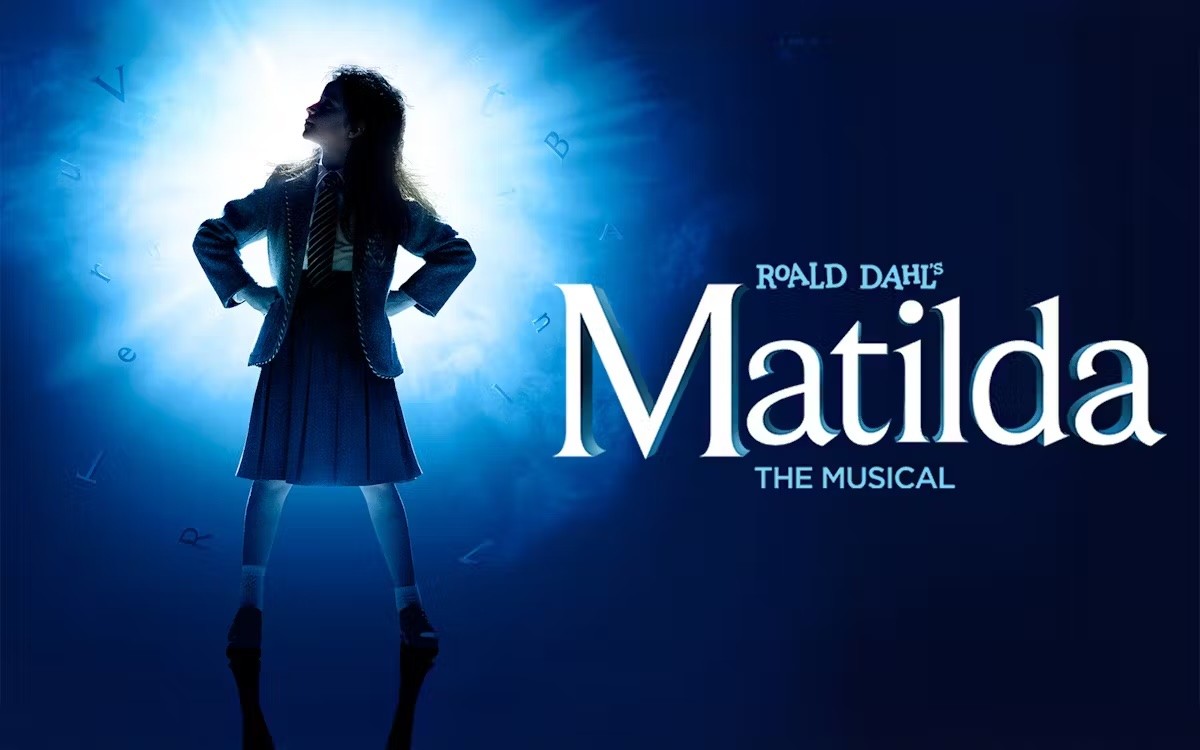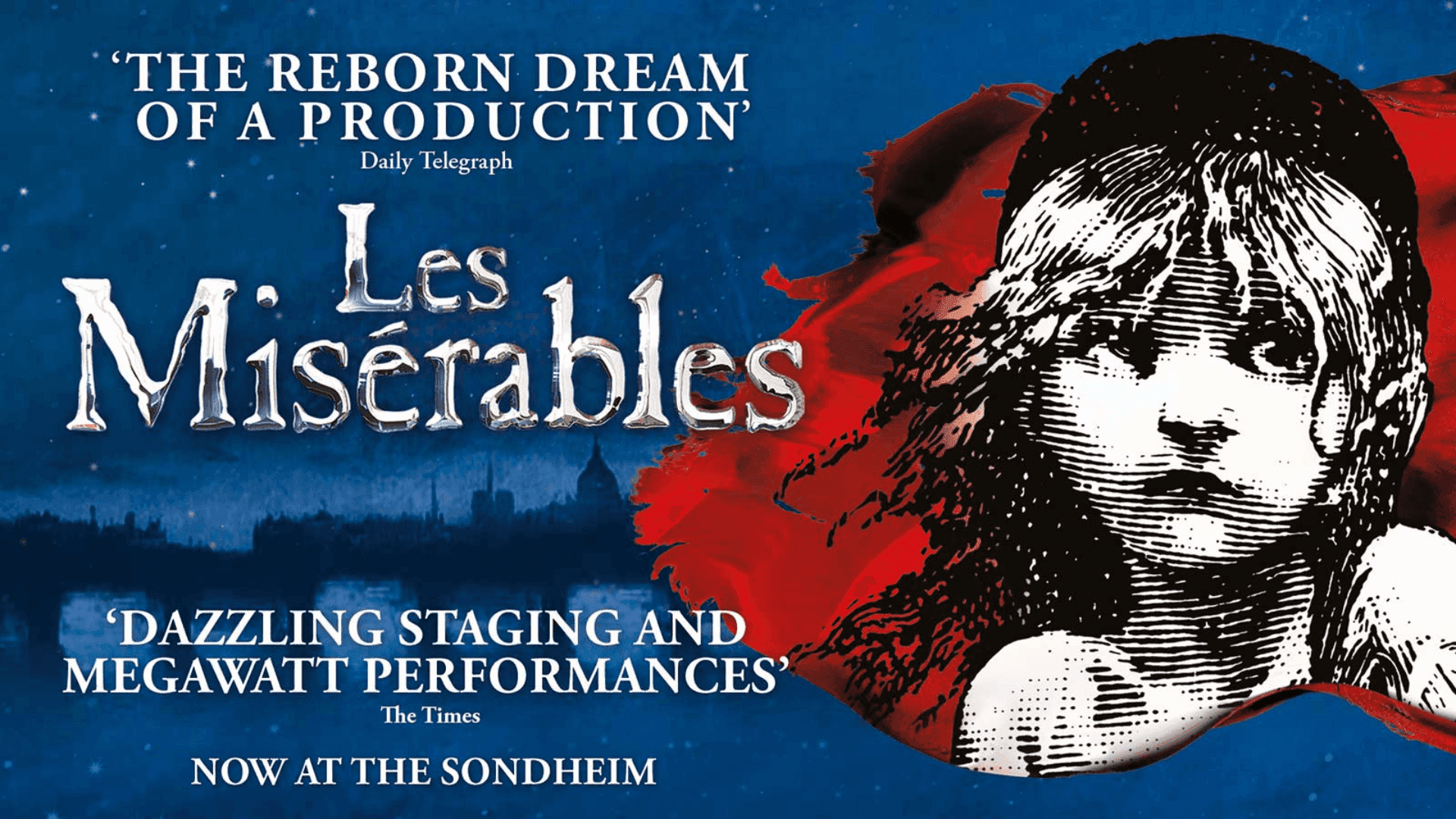Since 1999
Trusted News & Reviews
25
years
best of british theatre
Official
tickets
Pick
your seats
THEATRE NEWS
HIGHLIGHT NEWS
MOST POPULAR LONDON THEATRE TICKETS
LATEST NEWS
LATEST REVIEWS
LATEST INTERVIEWS
ALL POSTS
Load More
Load More
Load More
© BRITISHTHEATRE.COM 1999-2024 All Rights Reserved.
The BritishTheatre.com website was created to celebrate the rich and diverse theatrical culture of the United Kingdom. Our mission is to provide the latest UK theatre news, West End reviews, and insights into both regional theatre and London theatre tickets, ensuring enthusiasts can stay up to date with everything from the biggest West End musicals to cutting-edge fringe theatre. We are passionate about encouraging and nurturing the performing arts in all their forms.
The spirit of theatre is alive and thriving, and BritishTheatre.com is at the forefront of delivering timely, authoritative news and information to theatre lovers. Our dedicated team of theatre journalists and critics works tirelessly to cover every production and event, making it easy for you to access the latest reviews and book London theatre tickets for must-see shows.
© BRITISHTHEATRE.COM 1999-2024 All Rights Reserved.
The BritishTheatre.com website was created to celebrate the rich and diverse theatrical culture of the United Kingdom. Our mission is to provide the latest UK theatre news, West End reviews, and insights into both regional theatre and London theatre tickets, ensuring enthusiasts can stay up to date with everything from the biggest West End musicals to cutting-edge fringe theatre. We are passionate about encouraging and nurturing the performing arts in all their forms.
The spirit of theatre is alive and thriving, and BritishTheatre.com is at the forefront of delivering timely, authoritative news and information to theatre lovers. Our dedicated team of theatre journalists and critics works tirelessly to cover every production and event, making it easy for you to access the latest reviews and book London theatre tickets for must-see shows.
© BRITISHTHEATRE.COM 1999-2024 All Rights Reserved.
The BritishTheatre.com website was created to celebrate the rich and diverse theatrical culture of the United Kingdom. Our mission is to provide the latest UK theatre news, West End reviews, and insights into both regional theatre and London theatre tickets, ensuring enthusiasts can stay up to date with everything from the biggest West End musicals to cutting-edge fringe theatre. We are passionate about encouraging and nurturing the performing arts in all their forms.
The spirit of theatre is alive and thriving, and BritishTheatre.com is at the forefront of delivering timely, authoritative news and information to theatre lovers. Our dedicated team of theatre journalists and critics works tirelessly to cover every production and event, making it easy for you to access the latest reviews and book London theatre tickets for must-see shows.






























